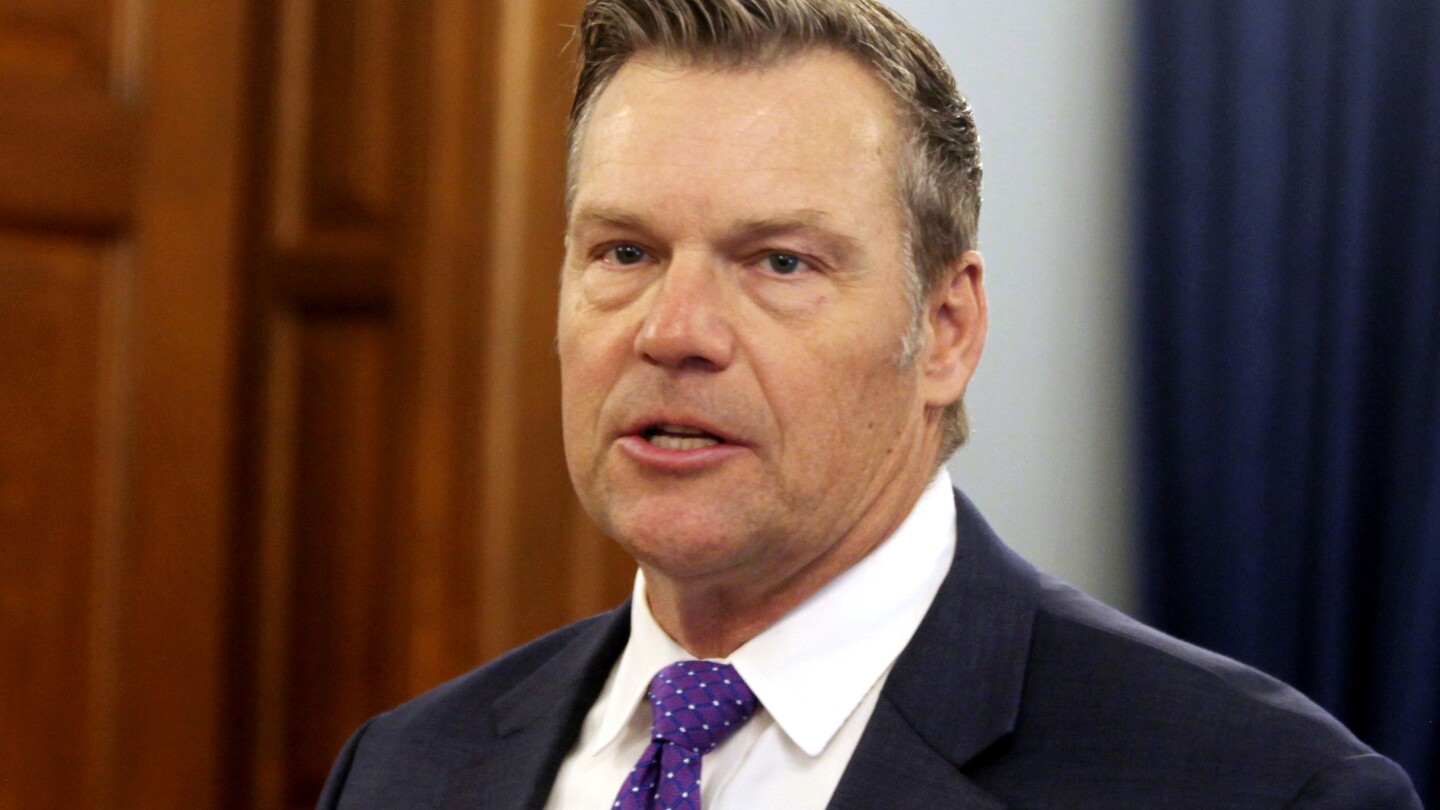The Kansas Supreme Court offered a mixed bag in a ruling Friday that combined several challenges to a 2021 election law, siding with state officials on one provision, reviving challenges to others and offering the possibility that at least one will be halted before this year’s general election.
But it was the ballot signature verification measure’s majority opinion — which stated there is no right to vote enshrined in the Kansas Constitution’s Bill of Rights — that drew fiery dissent from three of the court’s seven justices.



For your consideration, here is the text of section 2 of the 14th amendment:
A literal reading of this text, apart from the anachronism by which voters must be male and 21 (which should be overridden by the 19th amendment, which enfranchises women’s vote, and the fact that voting age today is 18) says that if your state doesn’t let its citizens vote and abide by the result, its electoral college votes won’t count either, and neither will its congressional delegation be seated.
How funny would it be if Kansas lost statehood?
They would lose their representation, not their statehood. There is no legal mechanism for a state to leave the union.
Yet